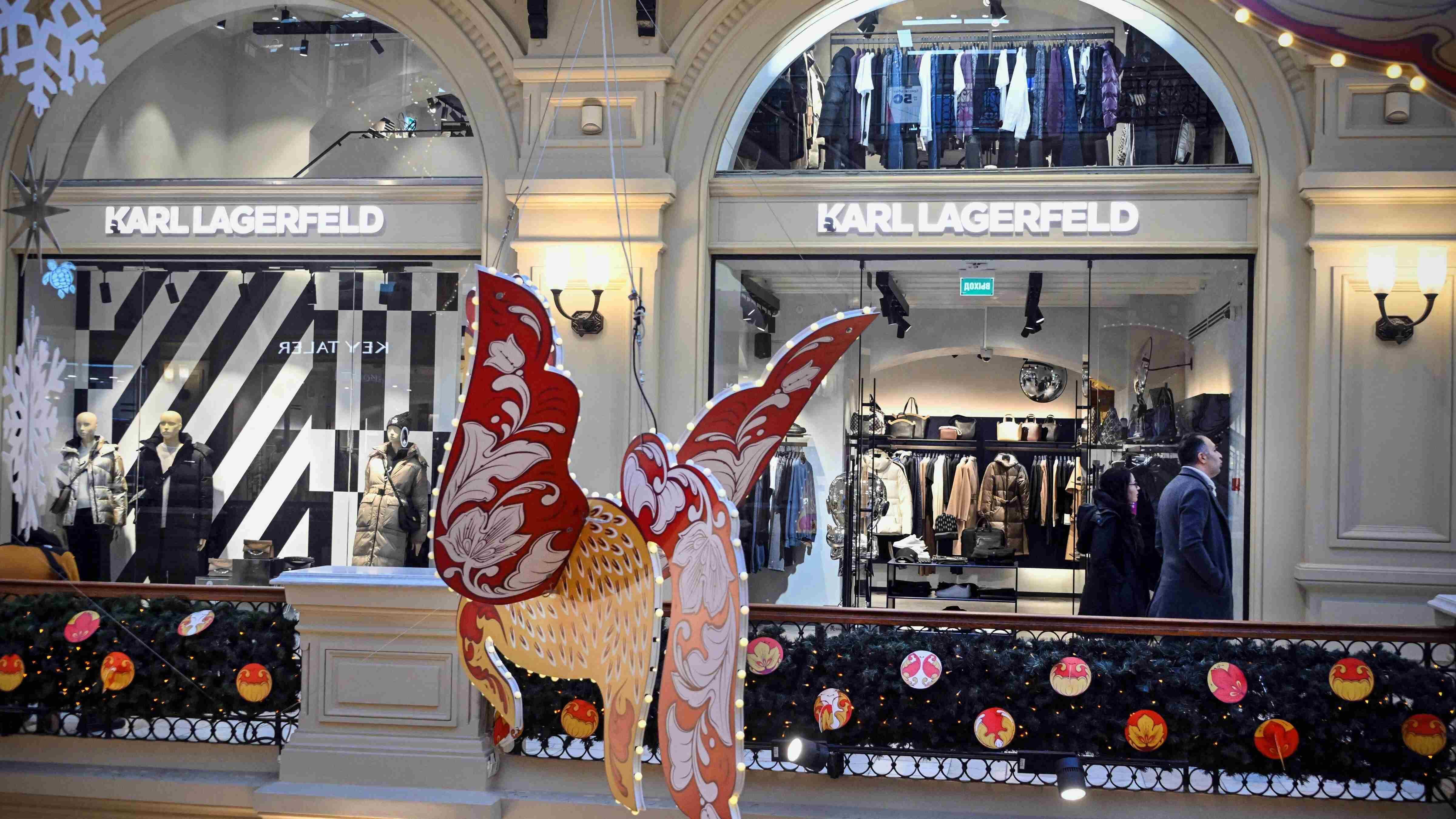moscow

Despite a barrage of Western sanctions and many brands pulling out of Russia after the Kremlin launched its attack on Ukraine, Moscow’s wealthiest shoppers remain spoiled for choice when it comes to Western luxury goods. do not have.
Western sports cars, gold jewelry and designer clothing are on sale in the Russian capital’s upscale shopping streets, department stores and luxury Russian outlet stores.
This situation is a far cry from Western claims that sanctions will collapse Russia’s economy and cut it off from the outside world.
Many in Moscow, including Russian President Vladimir Putin, are celebrating the “failure” of sanctions to isolate Russia from the global economy.
As part of the sanctions, the United States, the European Union and the United Kingdom have explicitly banned the export of “luxury goods” to Russia.
Several brands and groups, including Chanel, Hermès, LVMH and Kering, also voluntarily withdrew from the market at the beginning of the offensive, amid a wave of companies withdrawing from Russia.
But almost three years later, the company’s logo still graces the shelves of a Russian store in Moscow.
Sanctioned goods of all kinds are easily exported to Russia through willing intermediaries in the Caucasus and Central Asia.
Even if they no longer sell directly to Russian shoppers, many Western luxury brands maintain stores in central Moscow, apparently hoping to reopen sometime in the future.
“Their announcement of their resignation is complete hypocrisy,” said a French businessman who sells luxury goods in the Russian capital.
“Even though their stores are officially closed, these brands continue to sell their products to Russians through ‘markets’ and dealers,” he said on condition of anonymity.
Export statistics show that after the introduction of sanctions, trade between Western countries and countries such as Kyrgyzstan, Kazakhstan and Azerbaijan increased significantly.
On its official website and app, TSUM is promoting the sale of products from Prada, Yves Saint Laurent, and Alexander McQueen, which have officially withdrawn from Russia.
Prices are “more competitive than in Dubai,” the company said. Dubai is booming as a holiday and shopping destination for the wealthy, even as travel to Europe becomes difficult.
Since Russia ordered troops into Ukraine, “sales of luxury goods have exploded in Dubai,” said the French businessman.
Cut off from direct exports, Russian retailers have found creative ways to get the products their customers want.
The sanctions resulted in the reinstatement of the term “buyer.” The term was popularized in the early 1990s by people traveling to Europe and bringing home cases of luxury goods for customers.
Buyers now deal directly with major boutiques and shopping malls, said Andrei, a 52-year-old stylist with a high-end client list.
“We accept orders directly from representatives in Milan, Paris and London for everything from furniture and tableware to jewellery, clothing and furs,” he told AFP.
Given the huge demand for Western luxury goods, wealthy Russians are confident that Western brands themselves will rush back if possible.
“It’s only a matter of time,” Andrei said.



